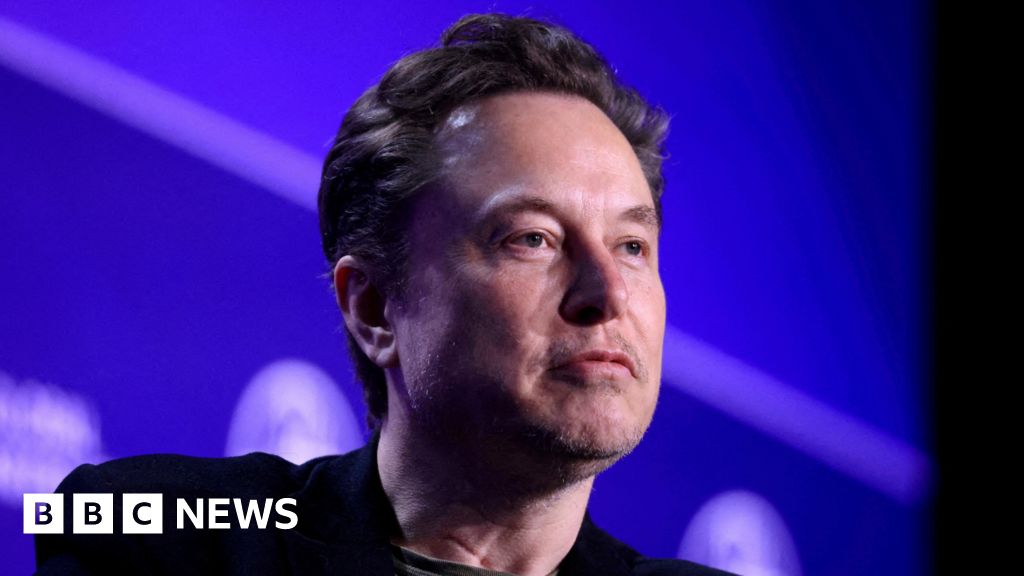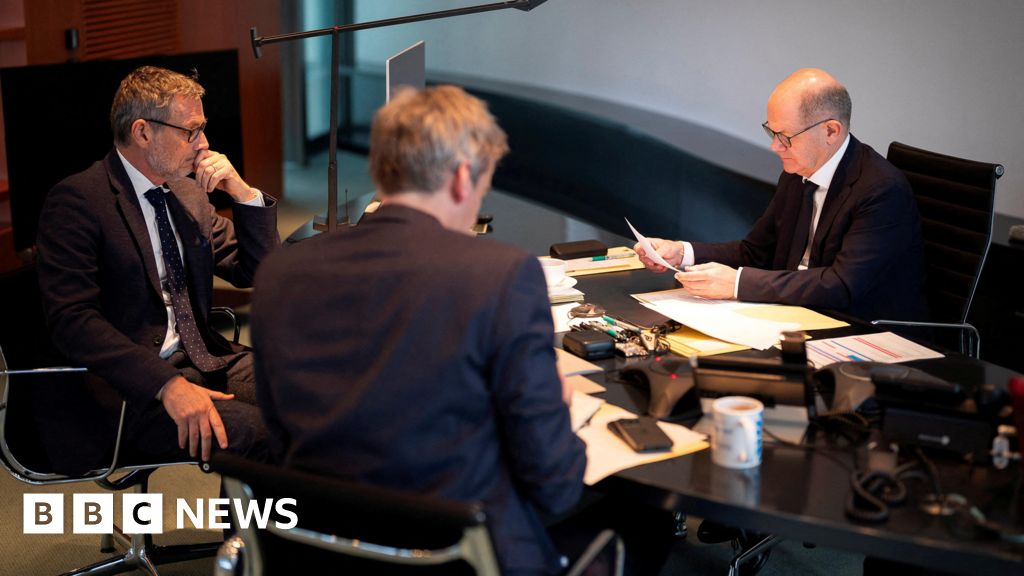ARTICLE AD BOX
Image source, Getty Images
Image caption, The US has already authorised jabs for children aged 12 and overA US government panel has voted to allow the Pfizer/BioNTech vaccine to be given to children aged five to 11.
The Food and Drug Administration (FDA) experts backed the move on Tuesday, paving the way for emergency authorisation within a matter of weeks.
In September, the company said its trial data showed the Covid jab was safe for children in that age group.
The US is already giving it to those aged 12 and over. The latest decision affects some 28 million US children.
The FDA's Vaccines and Related Biological Products Advisory Committee determined on Tuesday that the benefits to taking the jab outweigh the risks.
The FDA is expected the approve the committee's findings, clearing the way for the CDC director to recommend that vaccinations begin early next month.
Company trial data submitted to regulators in September said the jabs produced a "robust" antibody immune response in that age bracket.
Children in that age range are given a jab with a third of the dosage given to adults.
Regulators, however, also had to weigh up the risk of heart inflammation, a very rare side-effect of the Pfizer and Moderna vaccines.
Official data from the US shows 160 children aged five to 11 have died of Covid-19 since the start of the pandemic. In total, the country has recorded close to 740,000 deaths from the virus.
But millions have contracted the illness, thousands of whom ended up in hospital. The US has also reported more than 5,000 cases of a rare inflammatory disease linked to Covid infections, which has killed 46 children.
On Monday, Moderna announced it would submit trial data to regulators after a study found its own Covid vaccine produced a "robust neutralising antibody response" in children aged six to 11.
The UK has just begun to roll out jabs for children aged 12 to 15. The country's chief medical officers recommend one dose of a vaccine for children in that age group, although approaches differ in other countries.
This is a landmark decision that could influence practice in other countries, not just the US.
Some nations, like Israel, have already intimated that they plan to follow suit.
The US regulator has carefully weighed the pros and cons and says there is a case for vaccinating younger children against Covid.
Although most children are unlikely to get seriously ill if they catch coronavirus, they may still be infectious, even with no symptoms.
The vaccine could help stop them from spreading the virus to others.
And some young children can still get sick with Covid. The vaccine would guard against that too.
The world will be watching how the rollout goes with the Pfizer jab and what impact it has on the pandemic.

 3 years ago
29
3 years ago
29








 English (US)
English (US)